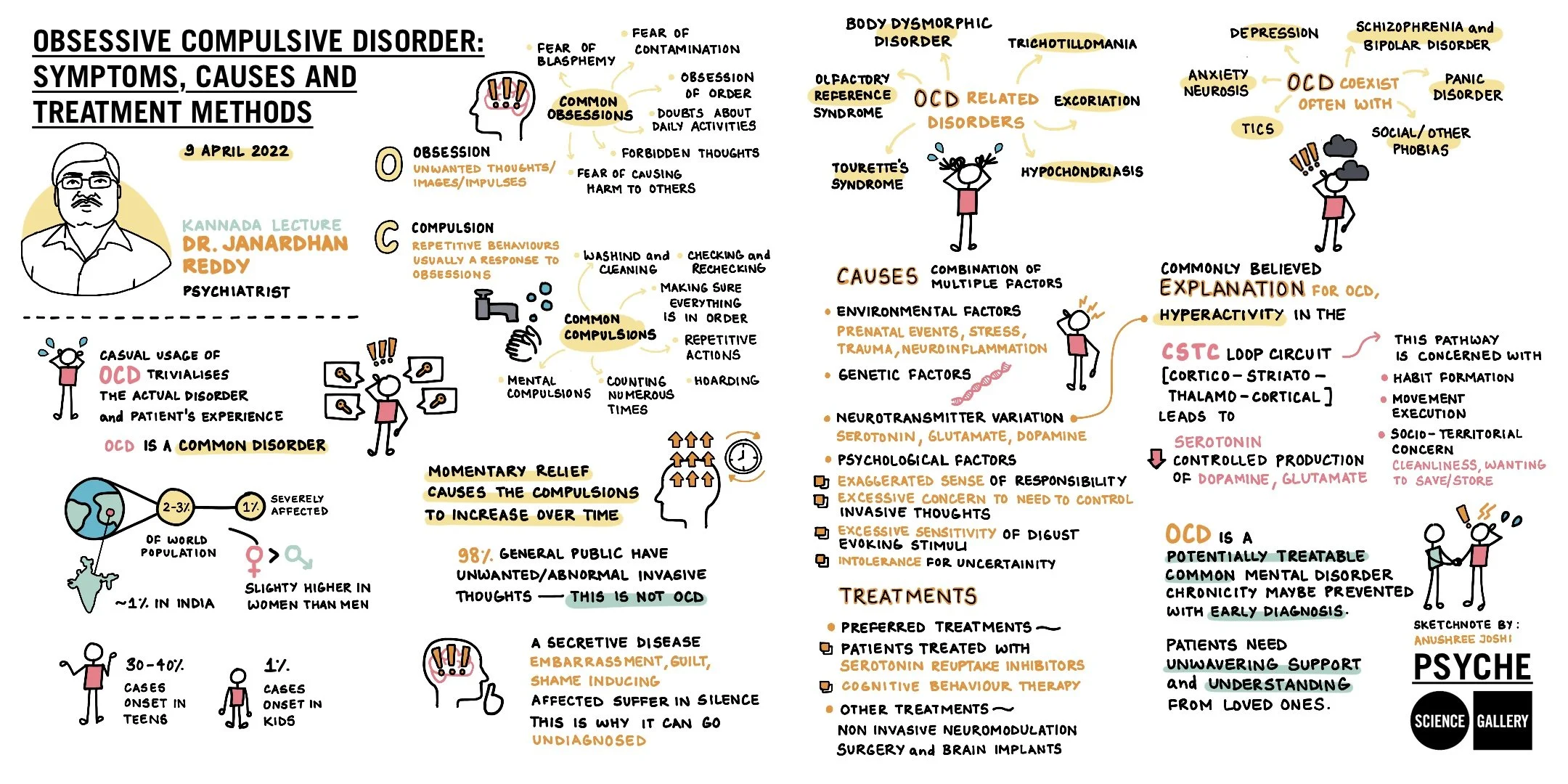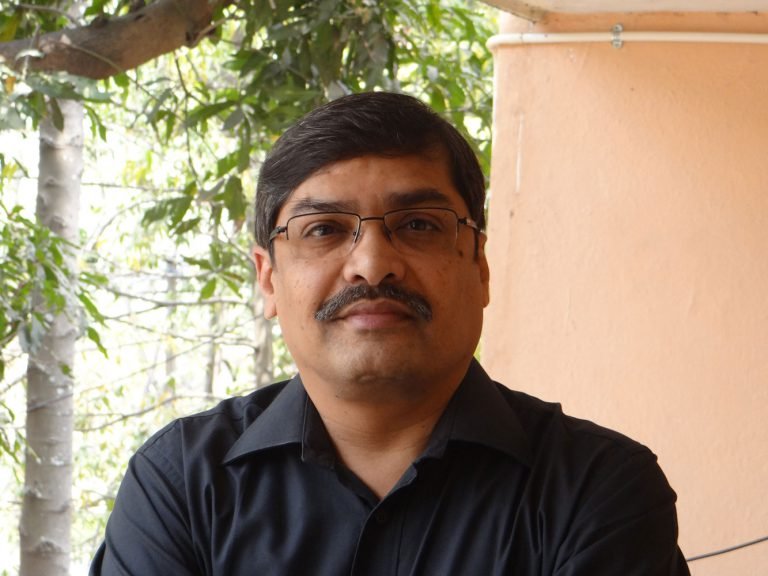Obsessive Compulsive Disorder: Symptoms, Causes, and Treatment Methods | In Kannada
Obsessive-compulsive disorder (OCD) is a common mental illness with a lifetime prevalence of 2 to 3 percent in the general population. It causes significant distress and disability. However, it is significantly underdiagnosed and untreated. People only seek treatment after years of silent suffering. Reasons for delay in seeking treatment include lack of awareness, lack of access to mental health professionals, and most importantly, shame and embarrassment associated with the symptoms of the illness.
Janardhan Reddy, in this talk, drew upon his practice as a clinician and researcher to demystify prevailing notions about OCD care and treatment.
About the Psychiatrist
Janardhan Reddy is a Professor of Psychiatry and Head, Department of Psychiatry and Obsessive-Compulsive Disorder (OCD) Clinic at the National Institute of Mental Health and Neurosciences (NIMHANS).
He has a special interest in studying OCD and related disorders. He has published extensively in international and national peer reviewed journals on OCD and bipolar disorders. He was a Visiting Commonwealth Research Fellow at the Oxford University Department of Psychiatry. He has also been awarded the prestigious Sir C. V. Raman State Award for the Young Scientists for the year 2011 by the Government of Karnataka. He is a member of the WHO Working Group on OCD, and is also the lead author of the Indian Psychiatric Society (IPS) Clinical Practice Guidelines on OCD and on CBT in anxiety disorders and OCD and related disorders.





